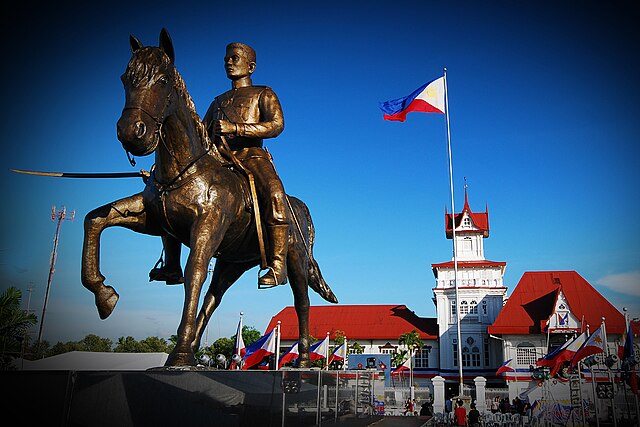The history of Philippine independence is a profound narrative of resilience, courage, and the relentless pursuit of self-determination. This journey began in the late 19th century, when a growing sense of national identity emerged among Filipinos, fueled by the desire for freedom from centuries of colonial rule. For over three hundred years, the Philippines endured Spanish colonization, which sought to impose foreign governance, religion, and culture on the diverse archipelago.
As the 19th century progressed, social and political reforms became pivotal in the quest for independence. Intellectuals like José Rizal and Andres Bonifacio emerged as key figures in the movement. Rizal’s writings, particularly Noli Me Tangere and El Filibusterismo, illuminated the social injustices and abuses perpetrated by colonial authorities, inspiring a generation to rally for change. His execution in 1896 by the Spanish authorities ignited further outrage and mobilized support for the revolutionary cause.
Bonifacio founded the Katipunan, a secret society aimed at achieving independence through armed revolt. The organization’s call to arms culminated in the Philippine Revolution, which officially began in 1896. Despite facing formidable odds, Filipino revolutionaries fought bravely against colonial forces, employing guerrilla tactics and demonstrating extraordinary resolve.

On June 12, 1898, Emilio Aguinaldo, a prominent revolutionary leader, proclaimed Philippine independence in Kawit, Cavite. This declaration marked a historic moment, signifying the culmination of years of struggle and sacrifice. The event was celebrated with patriotic fervor, featuring the raising of the Philippine flag and the playing of the national anthem, symbolizing a nation reclaiming its identity.
However, the path to true independence was fraught with challenges. The conclusion of the Spanish-American War in 1898 led to the Treaty of Paris, where Spain ceded the Philippines to the United States for $20 million. Many Filipinos perceived this as another form of colonialism, igniting widespread discontent. This discontent transformed into armed resistance, resulting in the Philippine-American War (1899-1902). The brutal conflict claimed countless lives, both military and civilian, as Filipinos fought fiercely for their sovereignty.
Despite the devastation, the desire for independence persisted. The establishment of the Philippine Commonwealth in 1935 under the leadership of Manuel L. Quezon represented a significant step towards self-governance. This transitional government laid the groundwork for eventual independence, with plans for a fully sovereign nation set to be realized in 1946.
The shadow of World War II soon loomed over the Philippines, as Japanese forces invaded and occupied the islands from 1942 to 1945. The brutal occupation brought hardship and suffering, yet it also ignited a fierce spirit of resistance among Filipinos. Guerrilla fighters emerged, collaborating with Allied forces to reclaim the nation from foreign control.
The war devastated the Philippines, but it also galvanized the call for independence. Following the war, the Philippines was granted full sovereignty on July 4, 1946, after years of struggle and resilience. This day symbolizes not only the achievement of independence but also the enduring spirit of a nation that overcame immense challenges.
Today, the Philippines commemorates its independence with pride, reflecting on the bravery of those who fought for freedom. Understanding this rich history fosters a deeper appreciation for the cultural identity and values that define the nation, inspiring future generations to uphold the ideals of liberty, justice, and unity.
As we remember the past, we are reminded of the importance of preserving our independence and ensuring that the sacrifices of our heroes are honored. The history of Philippine independence is not just a story of the past; it is a continuous journey that calls on each generation to participate in the nation’s growth and development.
